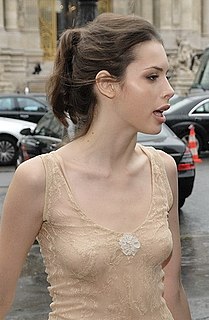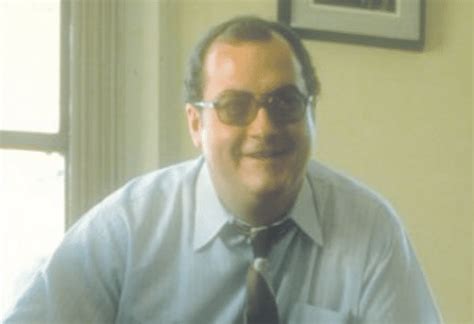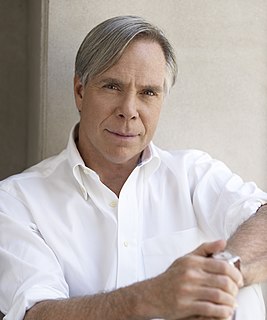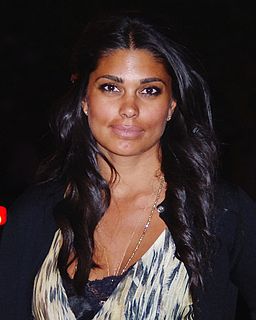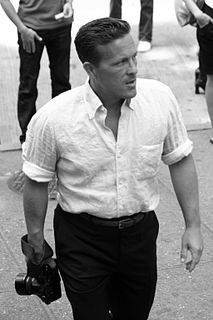A Quote by Kemp Muhl
The trend that should definitely die is following trends.
Related Quotes
Trends are just as important in politics as they are in fashion; just that rather than an aesthetic trend, it might be an ideological, behavioral or cultural trend - you need to keep track of all kinds of trends in politics because you need to know if you come out and say something, what the adoption of that will be six months down the road.
What makes me sad in fashion is that everyone is looking for trends. A trend is one thing. Timeless is another. In 20 years, I've seen so many trends. It makes me sad when people go for the trend versus quality or vision. Or when people wear something so basic just to make sure they're considered cool, like a white t-shirt.
People are storytelling creatures. We like stories that go somewhere, and therefore we like trends - because trends are things that either get better or get worse, so we can either rejoice or lament. But we mistakenly depict many things as trends moving in some direction. We take the "full house" of variation in a system and try to represent it as a single number, when in fact what we should be doing is studying the variation as it expands and contracts. If you look at the history of the variation in all its complexity, then you see there's no trend.
There is a Sufi trend, a madhabi Sufi trend, and I don't have any problem with this. What is not acceptable is that, first, some scholars are trying to show to the audience that they are open to other trends. However, when it comes to the retreat or the panels, they don't want to be with some of us because they are scared of being exposed.
I don't at least for me I don't ever really look for trends. I'm looking for just what captures my attention at that time and rarely do I ever look back and try and put together trends or say this kind of trend is important. For me it's about the individual expression and if you go back and look through the archives you might find certain things become trends, but it's just not something that particularly interests me.
The market being in a trend is the main thing that eventually gets us in a trade. That is a pretty simple idea. Being consistent and making sure you do that all the time is probably more important than the particular characteristics you use to define the trend. Whatever method you use to enter trades, the most critical thing is that if there is a major trend, your approach should assure that you get in that trend.
When I came overseas, I realized that there are many ideologies and many trends, and it's also very hard to produce honest art and honest literature. I decided that I didn't want to follow any of these ideologies or trends, because that's also a kind of pressure that doesn't allow absolute freedom. So I decided that I was only going to produce works that were satisfactory to me, and that meant not following any trends and being anti-ideological.
